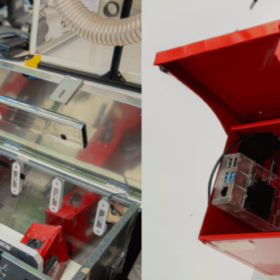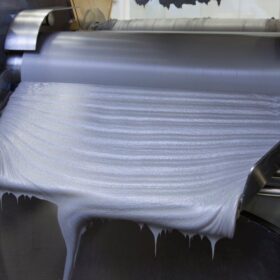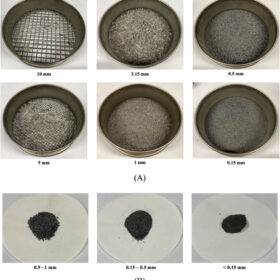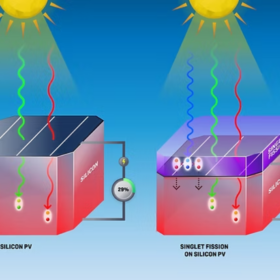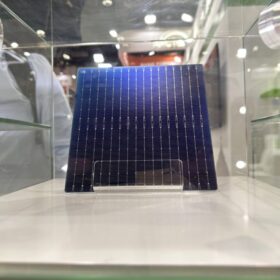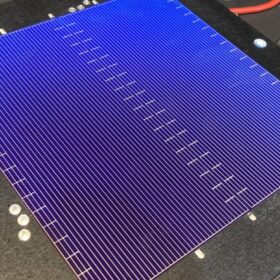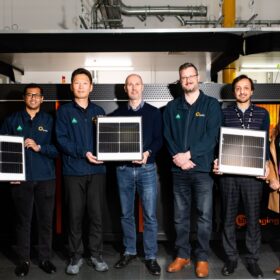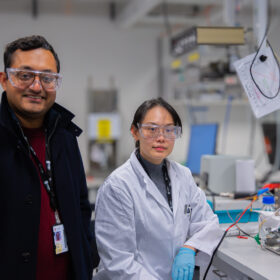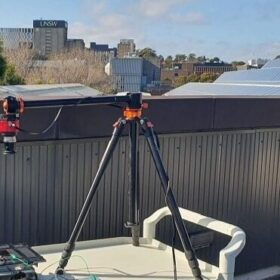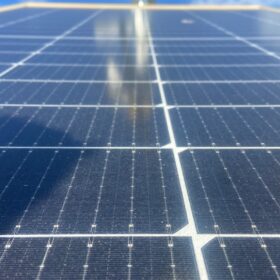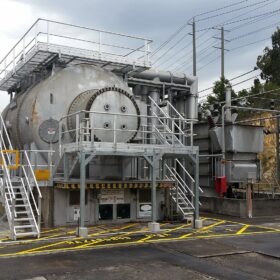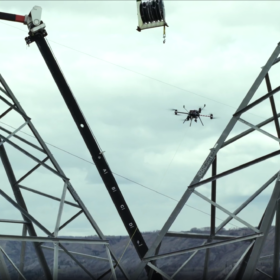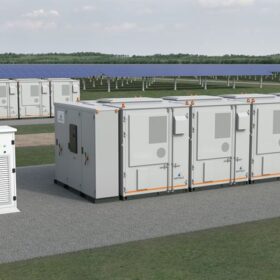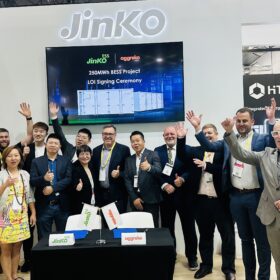Researchers trial AI-enabled wireless thermal runaway sensing system
Researchers from the University of New South Wales are building and validating a prototype of their AI-enabled wireless sensing system that can spot dangerous heat in lithium-ion batteries before it progresses to thermal runaway.
Silver prices surge, yet ‘thrifting’ poses little threat to solar cell, module quality
With silver prices nearing $75 per ounce, researchers from the University of New South Wales and the Fraunhofer Institute for Solar Energy Systems tell pv magazine that efforts to reduce silver use in solar cells will not compromise module quality if properly engineered.
New sieving tech for solar cell silver recovery
Researchers at University of New South Wales have reported details about a novel sieving-aids technology that improves the separation of metal fragments from other components when recycling end-of-life PV panels. The patented process reportedly enhances the recovery of silver.
Singlet fission research breakthrough unlocks high solar cell efficiency
University of New South Wales researchers have filed patent protection and are working to scale production of a new class of photostable organic molecules proven to boost silicon solar cell efficiency, reduce heat and extend panel lifetimes using singlet fission.
UNSW study shows impact of soldering flux on TOPCon solar cell degradation
UNSW researchers have investigated the impact of two types of soldering fluxes on TOPCon solar modules under damp heat conditions and have found that “no-clean” soldering fluxes can cause severe corrosion of front silver-aluminum contacts. The researchers have also found that denser metallisation structures and lower aluminium content improve corrosion resistance.
Research warns of UV-induced degradation in TOPCon solar cells from invisible light
Researchers from UNSW have found that invisible light accelerates UV-induced degradation in TOPCon solar cells, producing the same degradation effects as visible light but at a much faster rate. This can lead to significant open-circuit voltage losses and reduce cell efficiency.
Tindo teams with UNSW to boost TOPCon cell performance
South Australia-headquartered solar panel manufacturer Tindo Solar will work with the University of New South Wales to accelerate the development of TOPCon solar cell technologies, targeting improvements in reliability and performance.
Sustainable aviation fuel research stays the course with $4.2 million jackpot
UNSW researchers are set to scale up a next-generation electrolyser system that helps produce sustainable aviation fuel using renewable energy, thanks to a $1.2 million government grant and $3 million in industry support.
Using photoluminescence, implied open-circuit voltage imaging for perovskite solar cell field testing
To evaluate the outdoor performance and stability of perovskite solar cells using contactless and noninvasive methods, an Australian and Chinese research team found a way to use photoluminescence imaging as well as demonstrating a proof of concept for implied open-circuit voltage imaging. Their research relied on cost-effective equipment that operates under direct sunlight.
Clean energy research nabs over $2.6 million in grants
Over $2.6 million have been allocated to renewable energy research products involving perovskite cell commercialisation, battery cell aging, next-gen anode technology, electric vehicle charger security, and solving distributed energy resource network constraint complexity.
